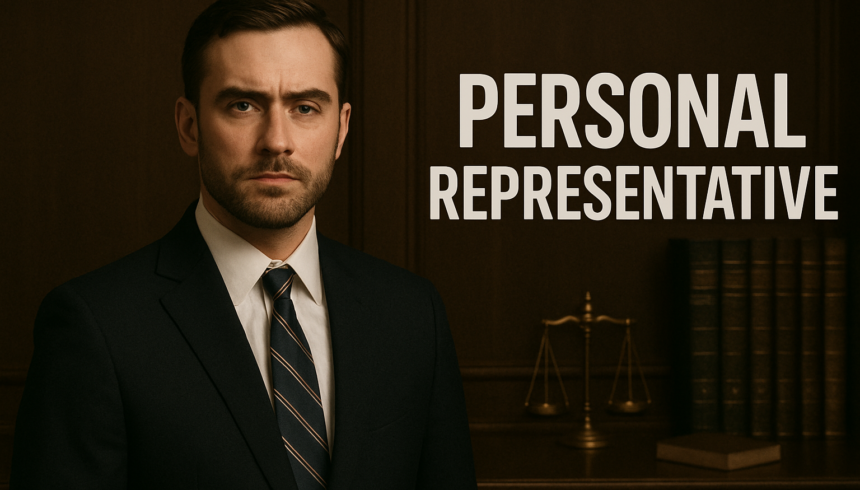
 By Evan Lange
By Evan Lange
Before proceeding, please review the legal disclaimer.
When someone passes away, their estate must be managed and distributed—and this responsibility typically falls to a personal representative (often called an executor or administrator). But what happens when the person handling the estate is also set to receive part of it?
Many clients ask:
“Can a personal representative be a beneficiary?”
The answer is: Yes, in Texas, a personal representative can also be a beneficiary of the estate. In fact, it’s very common.
However, this dual role comes with responsibilities, legal boundaries, and potential risks that must be managed carefully. At The Lange Firm, we help personal representatives and beneficiaries across Texas navigate probate law efficiently and legally.
A personal representative is the person appointed to manage a deceased person’s estate. This may be:
Their responsibilities include:
It is completely legal for someone to serve as both the personal representative and a beneficiary of the estate. This is especially common in family situations, such as:
Texas courts do not view this as a conflict of interest by default—as long as the personal representative fulfills their legal and fiduciary duties.
Even though it’s legal, being both a personal representative and beneficiary carries important fiduciary responsibilities, including:
If you fail to meet these duties, you can be removed by the court—or even held personally liable for financial harm to the estate.
While legal, this arrangement can lead to:
Other heirs may accuse the personal representative of:
Even if no wrongdoing occurs, the perception of unfairness can lead to tension, mistrust, or legal challenges.
If the representative fails to perform their duties properly, they may be removed, sued, or required to return funds to the estate.
To avoid problems and maintain trust, follow these tips:
Communicate openly with all beneficiaries. Provide regular updates, copies of important filings, and answers to questions.
Track every dollar coming in and out of the estate account. Document expenses, income, and distributions.
Wait until debts are paid and court approval is obtained (when required) before distributing assets—even to yourself.
Never mix estate funds with your personal finances. Doing so may lead to serious legal issues.
An attorney can help you avoid mistakes, meet deadlines, and comply with legal duties—especially if you’re both a representative and a beneficiary.
Whether you’re the sole heir or sharing the estate with others, The Lange Firm can help you:
We work with executors, administrators, and beneficiaries throughout Sugar Land, Houston, and all of Texas.
If other beneficiaries feel that the personal representative is:
…they can petition the court to:
At The Lange Firm, we also represent heirs who want to protect their rights and hold personal representatives accountable.
So, can a personal representative be a beneficiary in Texas?
✅ Yes—but they must act with honesty, transparency, and fairness. It’s a common and legal arrangement, but it comes with strict duties under Texas probate law.
At The Lange Firm, we help executors and beneficiaries do things right—avoiding mistakes, resolving disputes, and ensuring the estate is handled legally and respectfully.
📞 Contact us today for a consultation on probate, inheritance, or fiduciary responsibility. We’re here to help you protect your loved one’s legacy—and your own peace of mind.
Follow our newsletter to stay updated.

2025- The Lange Firm all rights reserved.

Mr. Evan B. Lange is the attorney responsible for this website. | All meetings are by appointment only. | Principal place of business: Sugar Land, Texas.
The information you obtain at this site is not, nor is it intended to be, legal advice. You should consult an attorney for advice regarding your individual situation. We invite you to contact us and welcome you to submit your claim for review. Contacting us does not create an attorney-client relationship. Please do not send any confidential information to us until such time as an attorney-client relationship has been established.